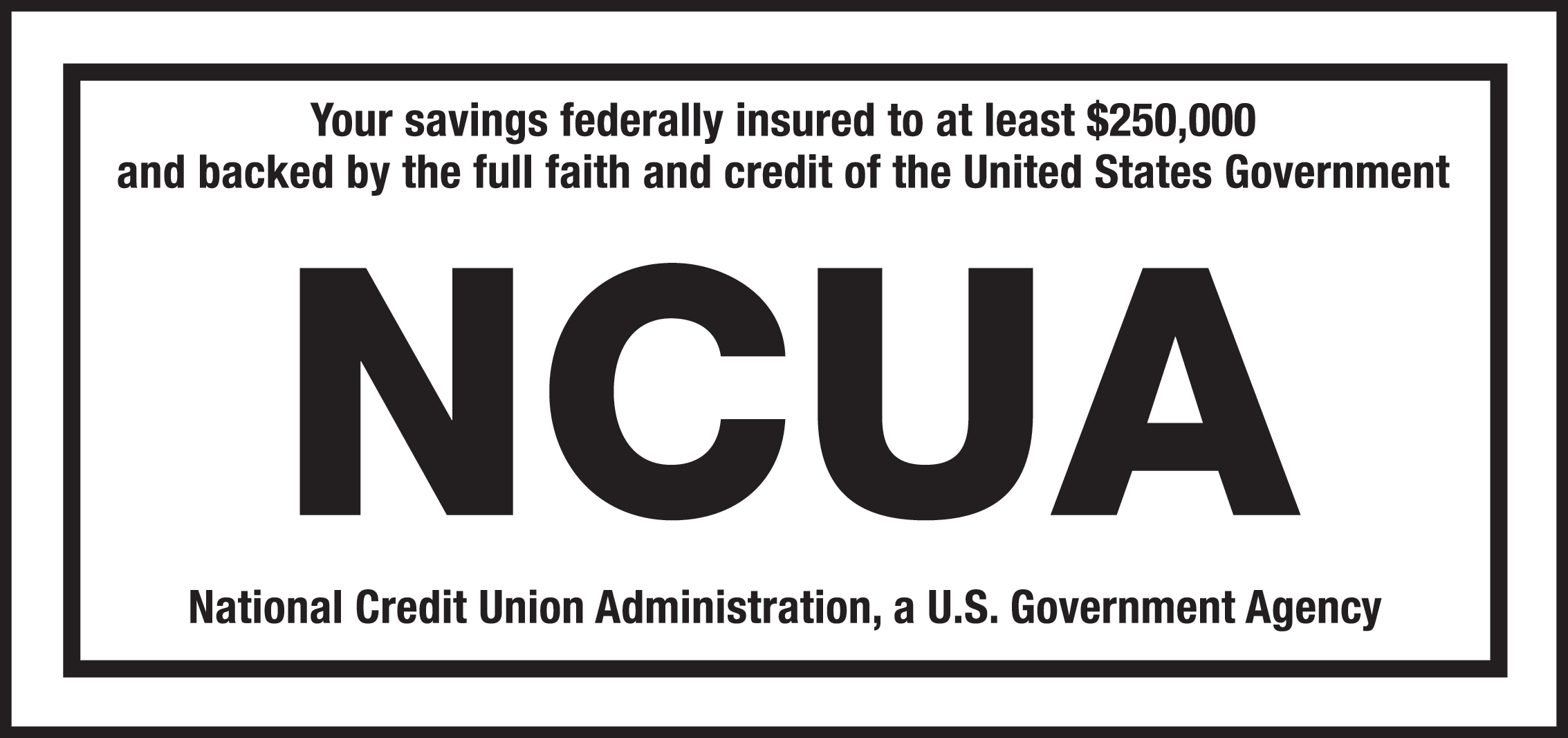What's a Credit Union
A credit union is a cooperative financial institution, owned and controlled by the people who use its services. These people are members. Credit unions serve groups that share something in common, such as where they work, live, or go to church. Credit unions are not-for-profit, and exist to provide a safe, convenient place for members to save money and to get loans at reasonable rates.
What makes a credit union different from a bank or savings & loan? Like credit unions, these financial institutions accept deposits and make loans -- but unlike credit unions, they are in business to make a profit. Banks and savings & loans are owned by groups of stockholders whose interests include earning a healthy return on their investments. Credit unions, like other financial institutions, are closely regulated. Deposits are insured up to $250,000 by the National Credit Union Share Insurance Fund, which is administered by the National Credit Union Administration, an agency of the federal government.
Who owns a credit union?
Most financial institutions are owned by stockholders, who own a part of the institution and intend on making money from their investment. A credit union doesn't operate in that manner. Rather, each credit union member owns one "share" of the organization. The user of credit union services is also an owner, and is even entitled to vote on important issues, such as the election of member representatives to serve on the board of directors.
How did credit unions start?
The first credit union cooperatives started in Germany over a century ago. Today, credit unions are found everywhere in the world. The credit union movement started in this country in Manchester, New Hampshire. There, the St. Mary's Cooperative Credit Association, a church-affiliated credit union, opened its doors in 1909. Today, one in every three Americans is a credit union member.
What is the purpose of a credit union?
The primary purpose in furthering their goal of service is to encourage members to save money. Another purpose is to offer loans to members. In fact, credit unions have traditionally made loans to people of ordinary means. Credit unions can charge lower rates for loans (as well as pay higher dividends on savings) because they are nonprofit cooperatives. Rather than paying profits to stockholders, credit unions return earnings to members in the form of dividends or improved services.


